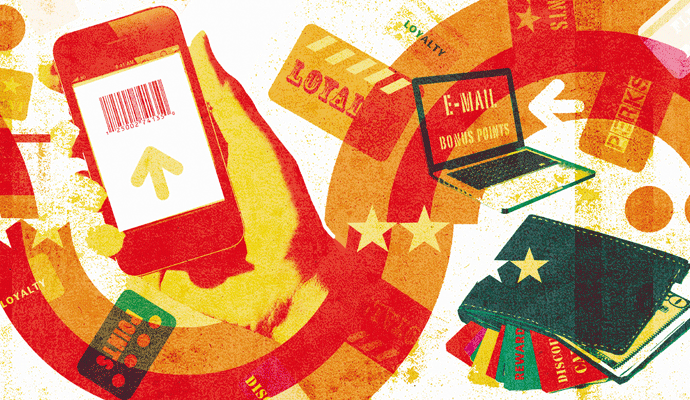Do Store Brands Affect Customer Loyalty?
From a strict loyalty perspective (ignoring the benefits of higher margins), many stores have already overdone private labels. But for value-oriented chains, the loyalty effects are less pronounced; their goal should simply be to convince customers that their private-label goods are of high quality.
Title:
The Reciprocal Relationship between Private Label Use and Store Loyalty
Authors:
Kusum L. Ailawadi, Koen H. Pauwels, and Jan-Benedict E.B.M. Steenkamp
Publisher:
Tuck School of Business, Working Paper No. 2007-38
Date Published:
May 2007
Do private-label products, also known as store brands, promote consumer loyalty? This is an important question for both retailers and national brand manufacturers. Retailers are always looking for the optimal mix of national brands and higher-margin private-label offerings. National brands, for their part, must navigate the conflicting demands of cooperating with and competing with manufacturers at the same time. The authors of this papers used data from Dutch supermarket shoppers to determine the relationship between individuals’ consumption of private-label goods and the portion of their overall spending that goes to retailers offering such goods. The researchers establish that a virtuous circle exists wherein consumers who buy more private-label goods become more loyal to the stores that sell them. However, the authors also find that this is true only to a point; if customers fill their baskets more than 40 percent with private-label goods, their loyalty to the store actually suffers. Furthermore, at value-oriented chains, where the private-label goods are perceived to be of lower quality, they have little effect on customer loyalty.
Bottom Line:
From a strict loyalty perspective (ignoring the benefits of higher margins), many stores have already overdone private labels. But for value-oriented chains, the loyalty effects are less pronounced; their goal should simply be to convince customers that their private-label goods are of high quality.




